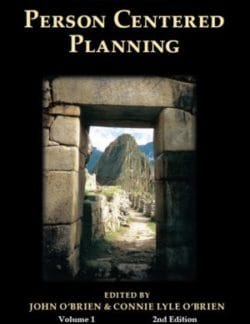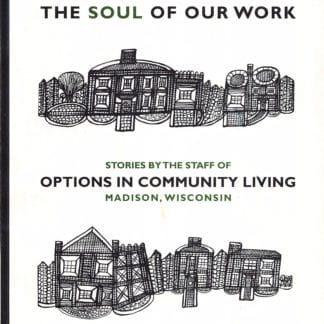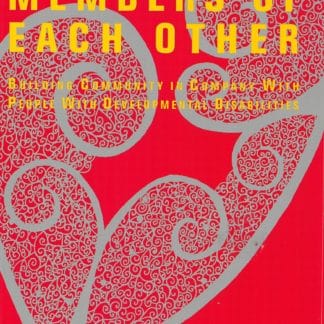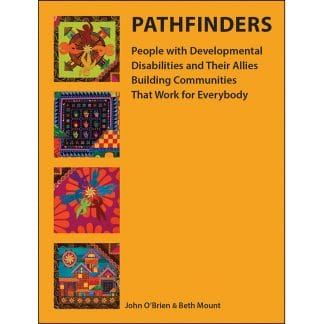We are in new and relatively uncharted territory where ‘taking care of each other’ is the most powerful strategy to limit the impact of this viral pandemic.
Many of us are privileged and thus even if we become ill, our capacity to rest and recover is excellent. Our concern is that those at greatest risk certainly include anyone with a compromised immune system, but also several groups of our fellow citizens whose health is compromised by poverty. They are seriously vulnerable. We are thinking about the reality of outlying indigenous communities where overcrowded housing and lack of potable water mean that the most basic precautions are virtually impossible. Isolation in a tiny house with no running water…
Similarly, people with disability issues (physical, mental, aging) have high-risk circumstances – including that many must interact with support workers as a matter of survival. These workers, in turn, interact with many people often because they hold down 2-3 jobs to make ends meet. This is a high-risk situation for all. And we think about folks who are homeless or ‘living’ in shelters – very limited access to basic hygiene and serious overcrowding … hotbeds for transmission.
We need to act in support of each other. It is much less about defending ourselves from infection than thinking and acting to prevent transmission to others – because we may all be unwitting carriers of the virus. It means constant handwashing and being attentive to ‘contacts’. It also means not hoarding basic supplies that are essential for those who also actually need them.
This is not a time to panic. It is a time to pay attention to our families, our neighbours and our communities – and take care of each other.
For events we have planned.. we are closely monitoring the situation.
Inclusion Press
Jack, Lynda & Cathy



